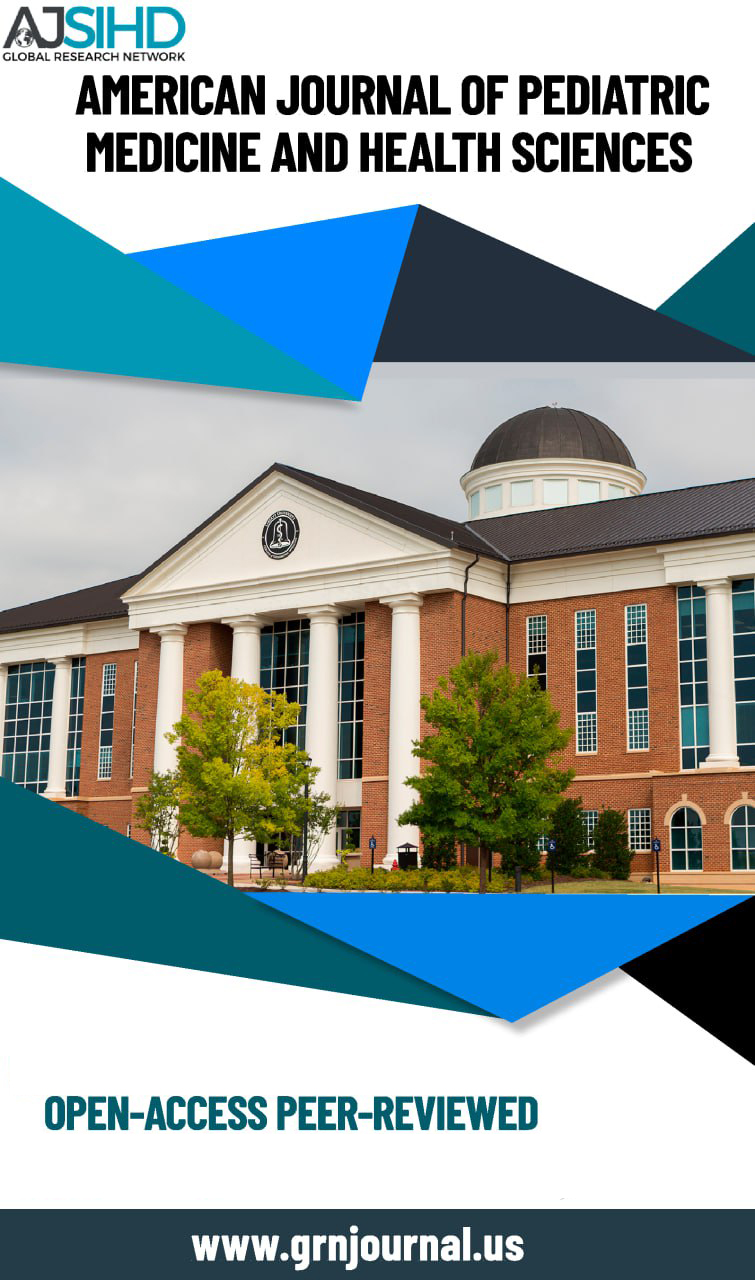Evaluation of Nurses’ Knowledge toward Human Immuno Deficiency
Keywords:
Evaluation, Nurses’, Knowledge, Human Immuno DeficiencyAbstract
Background: There are around 37 million people in the worldwide HIV population. HIV is mostly associated with homosexual behavior, with straight women in Sub-Saharan Africa experiencing the most severe impact. Nurses have a vital role in overseeing HIV/AIDS management, delivering care, and improving patient safety. Training courses and educational efforts are crucial for enhancing nurses' knowledge and attitudes. Additional study is required to comprehend the comprehension and participation of rural nurses in healthcare research.
Objective(s): This study aims to evaluate nurses' knowledge toward human Immuno deficiency.
Methodology: A quasi-experimental design was conducted in 7 January 2024 to 7 May 2024, The research was carried out at Al Musayyib General Hospital and included 100 nursing personnel who were separated into two groups. There were 50 nurses who took part in a health education program, while another 50 nurses served as a control group by not engaging in the program. All nurses were from the night shift.
Results: Most nurses in both the research group (62%) and the control group (72%) were young, aged between 23 and under 30. Women comprised 66% of the study group and 54% of the control group. 58% of nurses in the study group were married, whereas 46% of nurses in the control group were unmarried. The majority of nurses resided in urban regions, with 82% in the study group and 86% in the control group. The assessment of HIV knowledge revealed an enhancement in the study group's general knowledge level from an average score of .28 in the pretest to a satisfactory level of .94 in the posttest. On the other hand, participants in the control group maintained a consistent level of knowledge, showing a little decrease from their pretest score (average score of 0.58) to their posttest score (average score of 0.50). Participants in the study group showed an increase in knowledge regarding HIV transmission techniques from an average score of 0.31 to 0.90, whereas negligible improvements were seen in the control group.
Conclusion: The research emphasizes differences, in nurses understanding of HIV. Nurses who underwent training showed progress in their HIV knowledge moving from a low level to a high level after the intervention. On the hand the control group, who didn't receive the training maintained only a moderate level of knowledge throughout the study with minor decreases in scores from before to after the intervention. These findings highlight how educational initiatives can improve nurses expertise in HIV related topics, which's essential, for their safety and the quality of treatment.
Recommendations: Institutions should organize regular HIV training sessions for nursing staff, customize educational resources, assess and review knowledge levels, promote peer learning, and broaden research scope to improve understanding of HIV care practices. This will help nurses improve their knowledge and make necessary adjustments to programs, ensuring effective HIV care.



